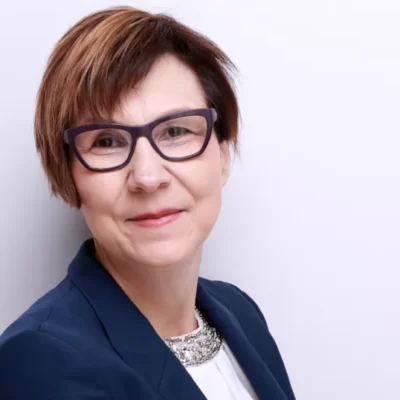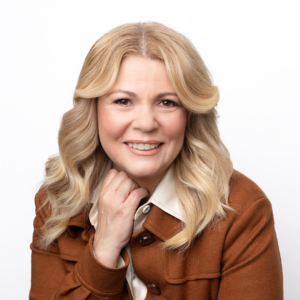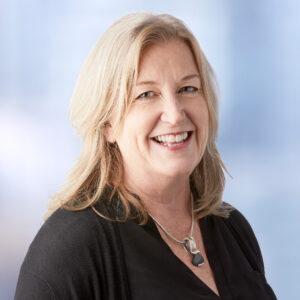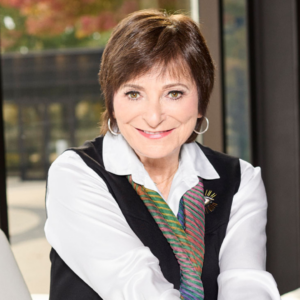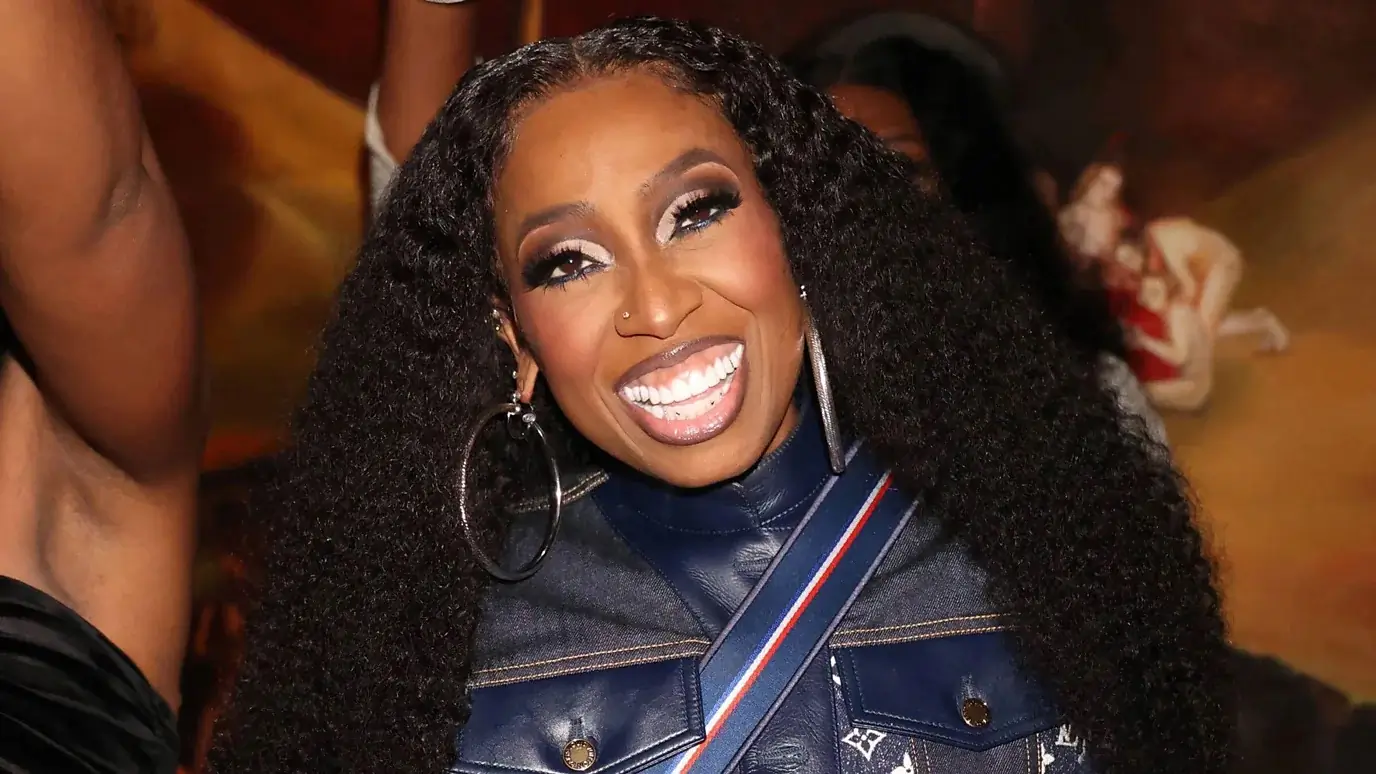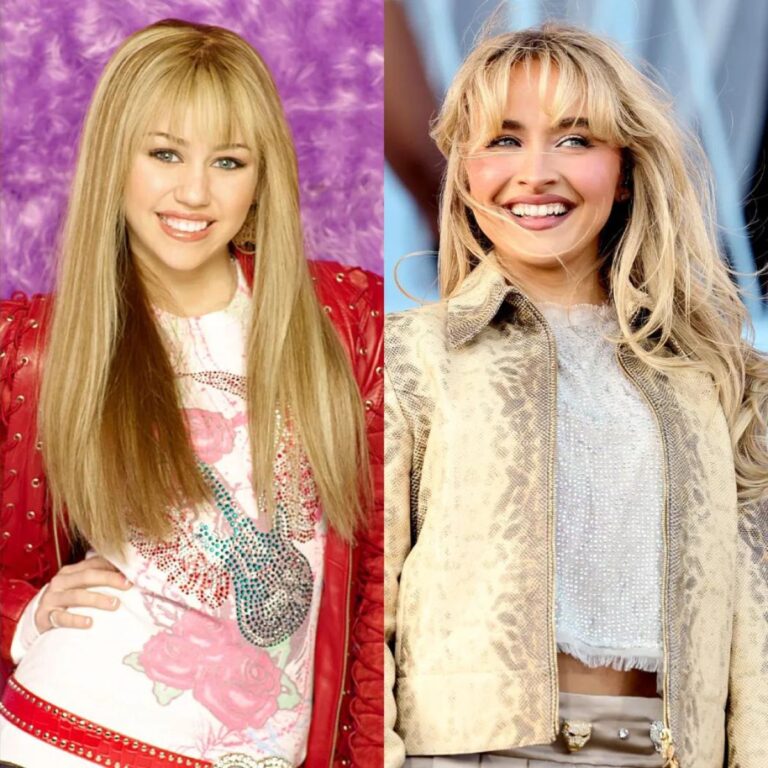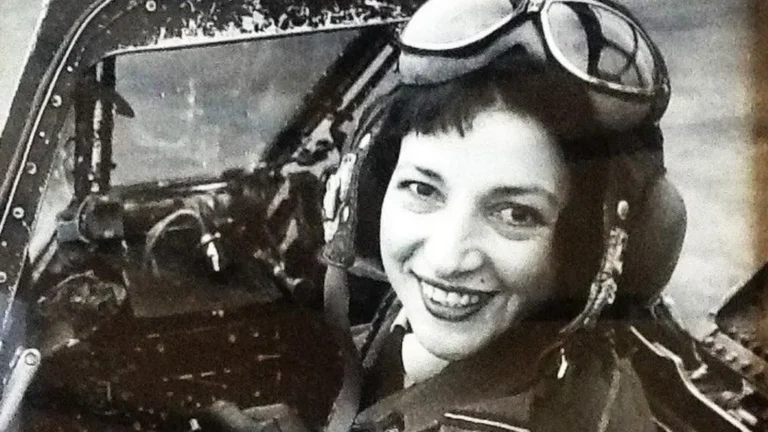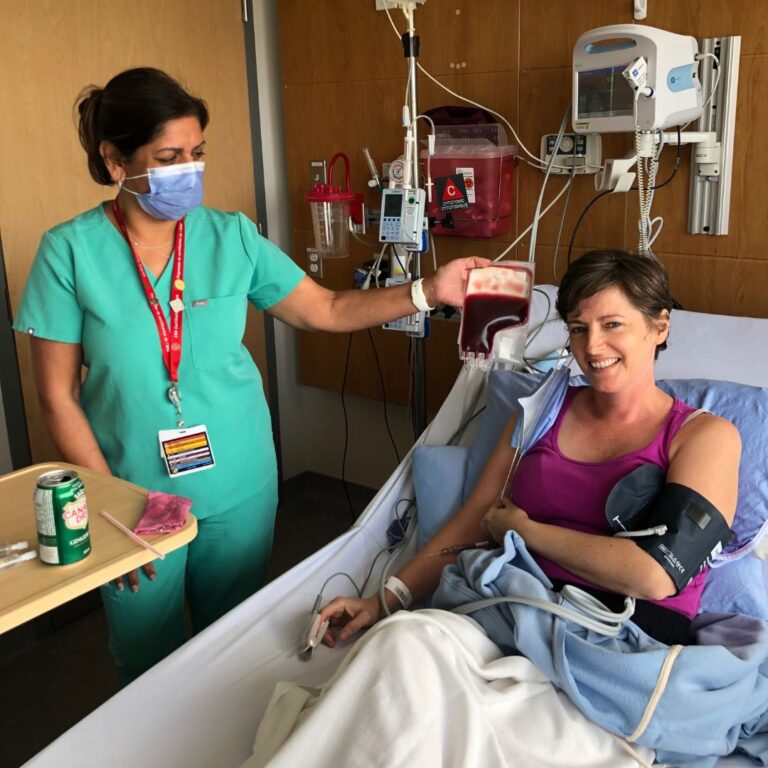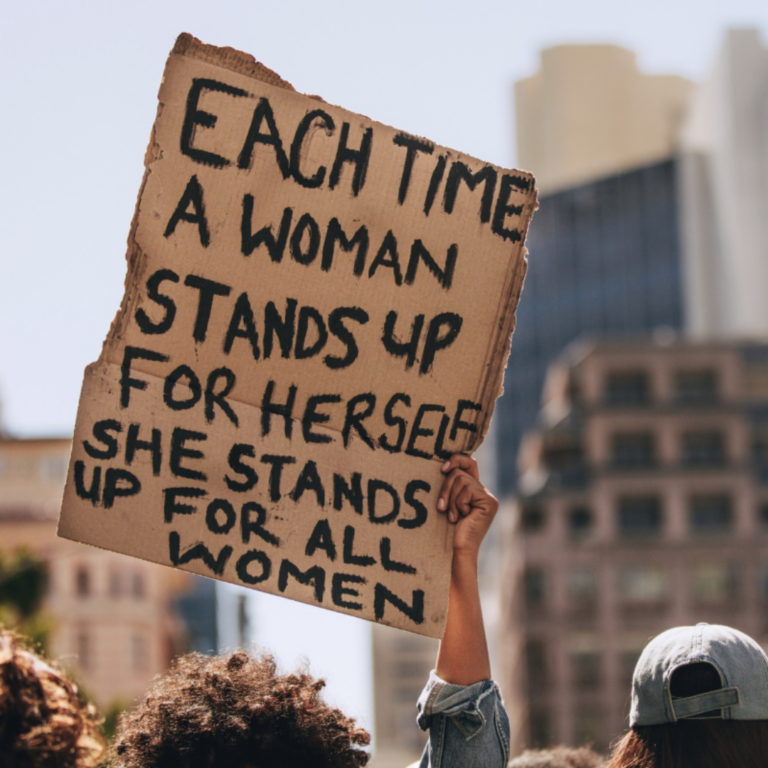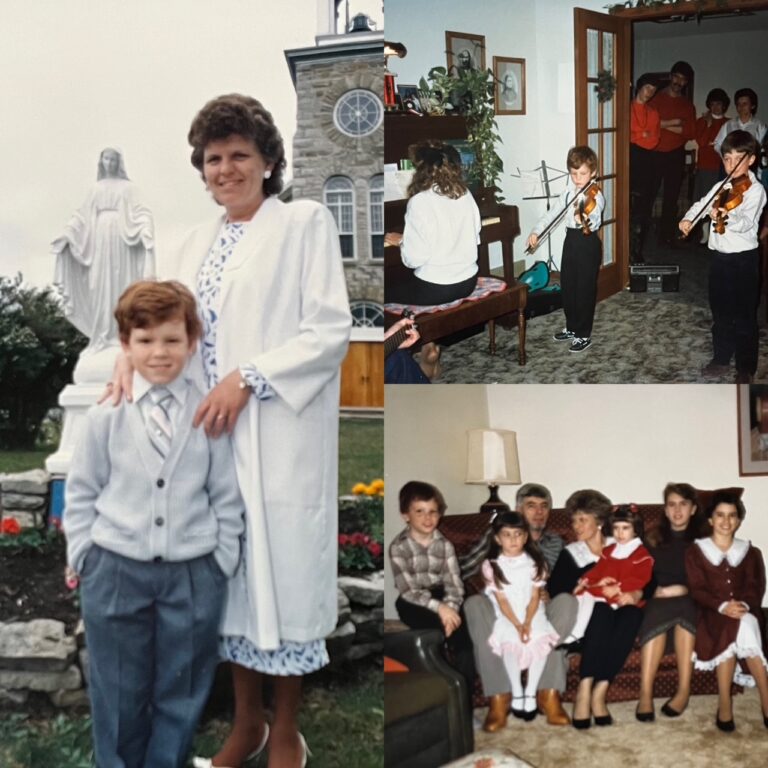Serena Ryder — Seven-time JUNO award-winning, and platinum-selling artist
Serena Ryder is a seven-time JUNO award-winning, platinum-selling artist, a powerhouse singer whose potent, heartfelt lyrics have inspired and captivated audiences and fans worldwide.
Serena has been performing since she was a kid, but her path has not been without ups and downs — including debilitating struggles with mental health. Through it all, she has persevered and grown as an artist and human being, and she released her latest album — The Art of Falling Apart — in March of 2021. In this wide-ranging, candid conversation, Serena talks to Jen and Catherine about the good spots, the tough spots, the learning experiences, and her plans for the future.
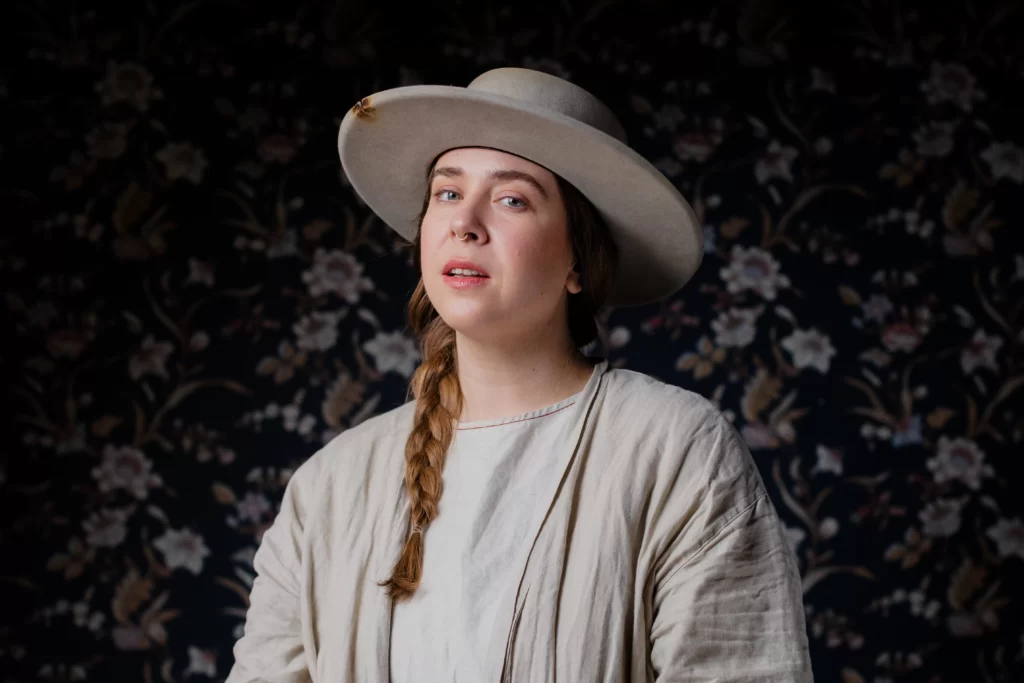
Overcoming alcoholism and substance abuse
Jennifer Stewart: Returning to your starting days, you started singing at Legion halls and motels. What do you remember most about those early days?
Serena Ryder: It was gritty, scrappy, and fly-by-the-seat-of-my-pants. I started touring when I was 17-years-old, like across the country. By the time I was 19, I was jumping on planes, touring by myself with my guitar. Being a woman on the road and in order to feel safe, I felt like I had to be superduper tough. Back then, there were no talks about strength through vulnerability. I spent years pretending that I had my shit together. But I drank a lot and I smoked a lot of cigarettes, I did drugs — just anything to stop my feeling.
Jennifer Stewart: How old were you when you started drinking?
Serena Ryder: 13.
Catherine Clark: Was that a factor of being on the road?
Serena Ryder: I didn’t start touring until I was 17. It was a factor of being a really sensitive human being who felt so many different things. It was my self-medication.
Jennifer Stewart: When did you realize that it was self-medication and it was numbing this emotive side of you? When did it dawn on you that you have to stop?
Serena Ryder: I knew for a long time that it was self-medication. But it was realizing that I had to stop to live the healthiest, most nourishing life I could. That was two-and-a-half years ago.
Learning to have a healthy relationship with yourself
Catherine Clark: You have been vocal about your mental health struggles. Was that a factor for you from a young age?
Serena Ryder: It’s so multi-layered. There were periods in my life when I drank dangerous amounts and partied too much. But then there were many times when it was very functional, like a couple of glasses of wine a day or only going out on the weekends.
It’s really dawned on me recently that there’s a difference between the day-to-day weather of your life and the climate of your life. I needed to do some real deep climate change to be able to weather the storms of emotional ups and downs. I had been through so many different periods, mental health-wise, in my life where things were dark; I’ve gone through really severe anxiety, really intense clinical depression, and I’ve been diagnosed with so many different things.
But now, I’ll sit with my feelings, I’ll sit in my uncomfortable moment, or I’ll cry — the medicine of tears is quite profound; scientifically speaking there’s three different healing hormones that get released when you cry.
There were a lot of other waves that I went through, and living an exceptional life of being on the road and doing exceptionally intense and hard things — my depression, or my mania, or my anxiety was situational. I haven’t experienced those things since I’ve stopped drinking and smoking — they were messages from my body and my brain telling me things that I didn’t want to hear so I would self-medicate.
Jennifer Stewart: I love your new song “Better Now” and there’s a couple of lyrics that stood out to me. You wrote, “You can’t cure loneliness with company. If you really knew yourself you’d never get lonely. When did you get to know yourself and what surprised you about yourself?
Serena Ryder: Especially in North America, the idealist relationship is codependent. We see in every movie where it’s like we need someone else in our lives to avoid loneliness. That’s so untrue. When we start paying attention to ourselves and questioning and looking at ourselves in the same kind of way as we look at the others we love, our relationship can become really deep.
Getting to know myself is exciting because the more I know of the little nooks and crannies of why I feel the way I feel, and my history, where I came from and what I have been through — it’s amazing that I have come to where I am. The more I know myself, the more present I can be with the people I’m around.
Catherine Clark: What advice do you have for women who are struggling and trying to decide what is the best path for them?
Serena Ryder: For me, mental wellness and mental health means trusting myself. When I trust myself, I feel like I’m safe in my skin. There’s so many things going on in the world, but ask, “What can I do to make myself feel safe and trust myself right now?” Just little steps.
Being a performer as an introvert
Jennifer Stewart: What would you be doing if you weren’t a singer?
Serena Ryder: There are so many things that I love doing in my life. I love archery right now, but I’ve loved it since I was little. It calms me down — it’s almost meditative when you’re just looking to that one spot. I also love being around kids. I was a nanny for five years before I started touring. I could see myself doing something with kids.
Catherine Clark: What does it take to get on stage and perform if you’re an introvert?
Serena Ryder: It’s onstage. You’re safe. You’re not in a group of people. For me, one of the scariest moments is being at a party and having people in your space and not feeling safe. That’s probably why I drank a lot. I realized when I stopped drinking that I’m an introvert. I used to go out and drink so much, but nobody would really know that I was drunk. I would talk to everybody. But my sober self gets really overwhelmed in groups of people because I’m really sensitive. I would have panic attacks in restaurants. One thing that helps me now is earplugs.
Jennifer Stewart: Are you happy with who you are?
Serena Ryder: Yeah. I’m interested in myself. I’m interested in figuring out who I am and why I’m the way I am. I’m constantly changing. I’m happy with who I am, in the sense of I know that I’m a good human being and that I have a good heart, and I want other people to feel safe and good and loved because I want to feel that too.
One thing that I would change about myself, if I could change anything, is my constant need to get better, to be better, to do better, to be skinnier, those kinds of things. If I could change anything, I’d love not to want to change myself.
Catherine Clark: What’s next for you?
Serena Ryder: I’ve got a lot of stuff going on, which is awesome. I have a new album called The Art of Falling Apart. The whole album is based on a mental wellness speech that I did. Each track is like a little step in my journey. I have a record label called Arthouse Music, and we do free and interactive wellness programs through our label, a four-week course, an hour-and-a-half each week. And we just opened a recording studio.
(Note: This transcript has been edited for length and clarity.)

